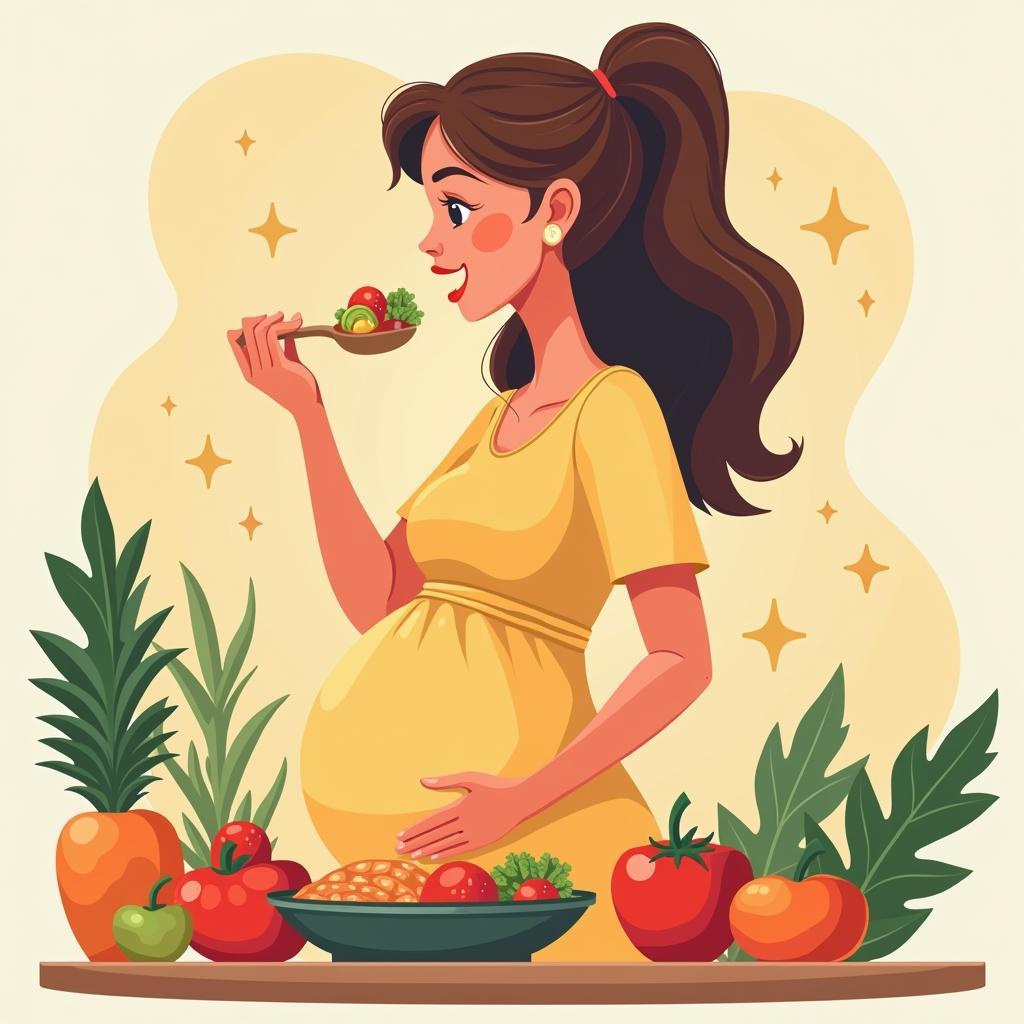Healthy Pregnancy Diet for Optimal Fetal Development
Pregnancy is a transformative journey, and nourishing your body with a healthy diet is paramount for your baby’s optimal development. What you eat directly impacts your baby’s growth, development, and overall health. This comprehensive guide will explore the essential nutrients, dietary recommendations, and foods to include (and avoid) during your pregnancy to ensure a healthy outcome for both you and your little one.
Essential Nutrients for a Healthy Pregnancy
Several key nutrients play crucial roles in fetal development. Getting enough of these is vital throughout your pregnancy:
Folic Acid: This B vitamin is essential for preventing neural tube defects, which can affect the brain and spinal cord. Start taking a folic acid supplement before you conceive and continue throughout the first trimester. Good dietary sources include leafy green vegetables, legumes, and fortified cereals.
Iron: Iron is vital for producing hemoglobin, which carries oxygen to your baby. Iron deficiency can lead to anemia, causing fatigue and potentially affecting fetal development. Include iron-rich foods like red meat, spinach, beans, and lentils in your diet. Your doctor may also recommend an iron supplement.
Calcium: Calcium is crucial for building strong bones and teeth for both you and your baby. Dairy products, leafy green vegetables, and fortified foods are excellent calcium sources.
Protein: Protein is the building block of cells and tissues. Ensure you’re consuming enough protein from sources like lean meats, poultry, fish, beans, lentils, and eggs.
Iodine: Iodine is essential for thyroid hormone production, which is critical for your baby’s brain development. Iodized salt and seafood are good sources of iodine.
Vitamin D: Vitamin D plays a vital role in calcium absorption and bone development. Sunlight exposure and consuming foods fortified with Vitamin D are beneficial.
Zinc: Zinc is important for cell growth and development. Good sources include meat, poultry, beans, nuts, and seeds.
Omega-3 Fatty Acids: These healthy fats are crucial for brain development and reducing the risk of premature birth. Fatty fish like salmon, mackerel, and tuna are excellent sources. If you are concerned about mercury levels, talk to your doctor about safe consumption levels.
Dietary Recommendations for a Healthy Pregnancy
Beyond specific nutrients, here are some general dietary recommendations to follow:
Eat a variety of foods: A balanced diet incorporating fruits, vegetables, whole grains, lean proteins, and healthy fats is crucial.
Focus on whole, unprocessed foods: Minimize processed foods, sugary drinks, and excessive caffeine intake.
Control portion sizes: Maintain a healthy weight gain during pregnancy. Your healthcare provider can guide you on appropriate weight gain guidelines.
Stay hydrated: Drink plenty of water throughout the day.
Listen to your body: Pay attention to your hunger and fullness cues.
Avoid certain foods: Some foods should be avoided during pregnancy, including raw or undercooked meats, unpasteurized dairy products, certain types of fish (high in mercury), and alcohol.

This image further highlights some of the recommended foods.
Getting Support and Guidance
Remember that this information is for general guidance only. It’s crucial to consult with your healthcare provider or a registered dietitian for personalized dietary advice during your pregnancy. They can assess your individual needs and help you create a meal plan that supports both your and your baby’s health. They can also address any specific dietary concerns or restrictions you may have.
Pregnancy is a unique and exciting time. By following a healthy diet and seeking professional guidance, you can provide your baby with the best possible start in life. Prioritizing nutrition throughout your pregnancy is an investment in your baby’s future health and well-being.




Use the share button below if you liked it.
It makes me smile, when I see it.